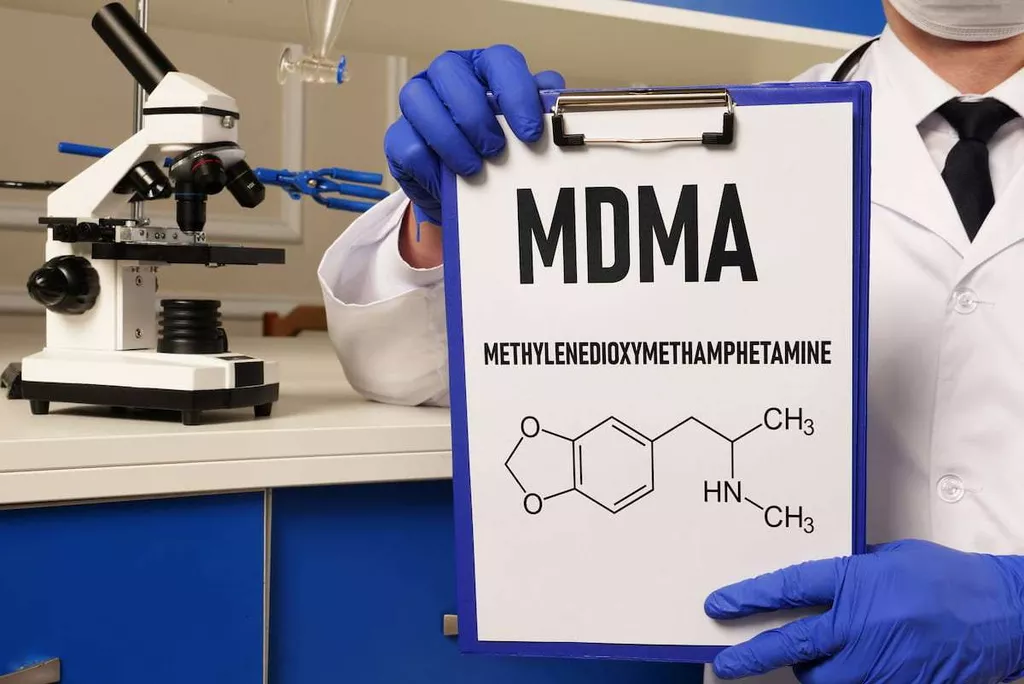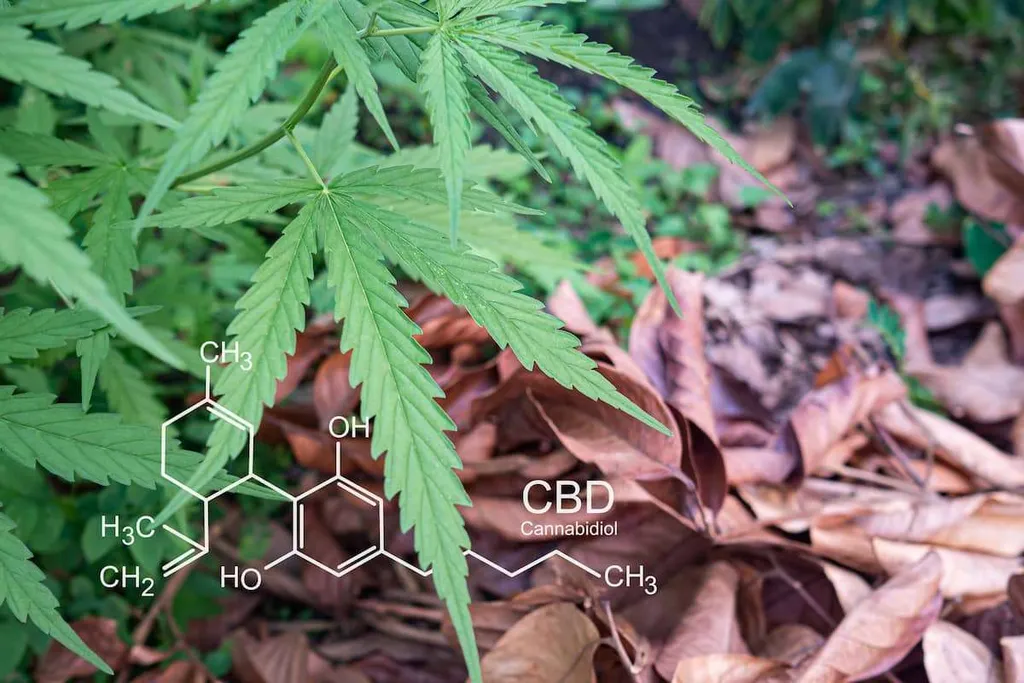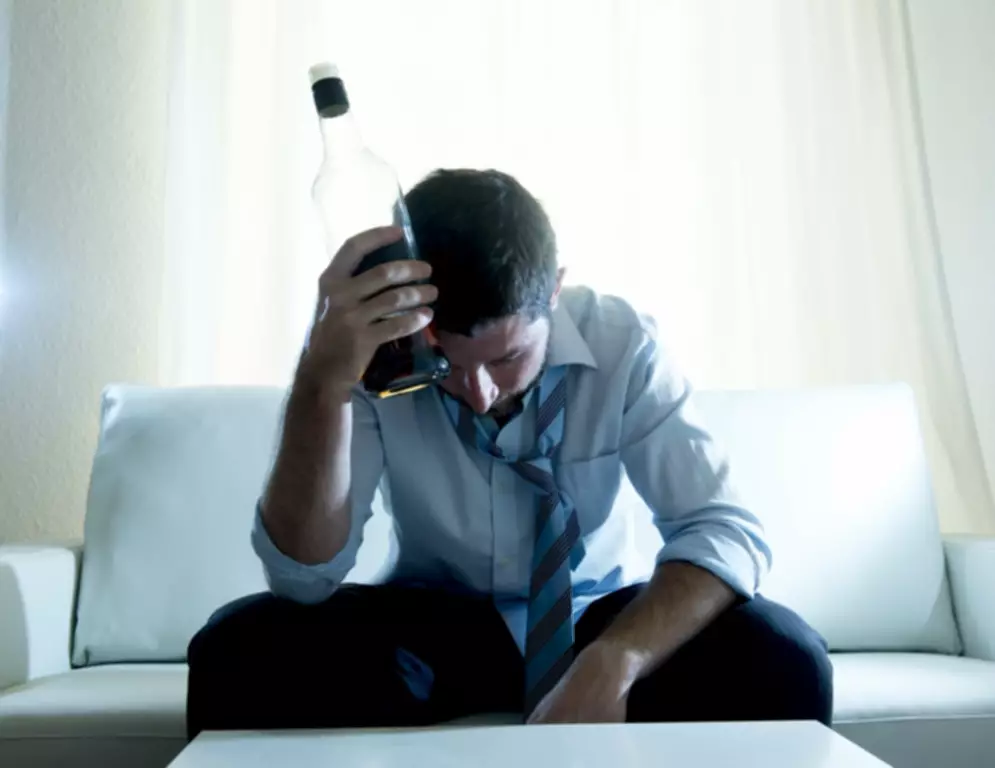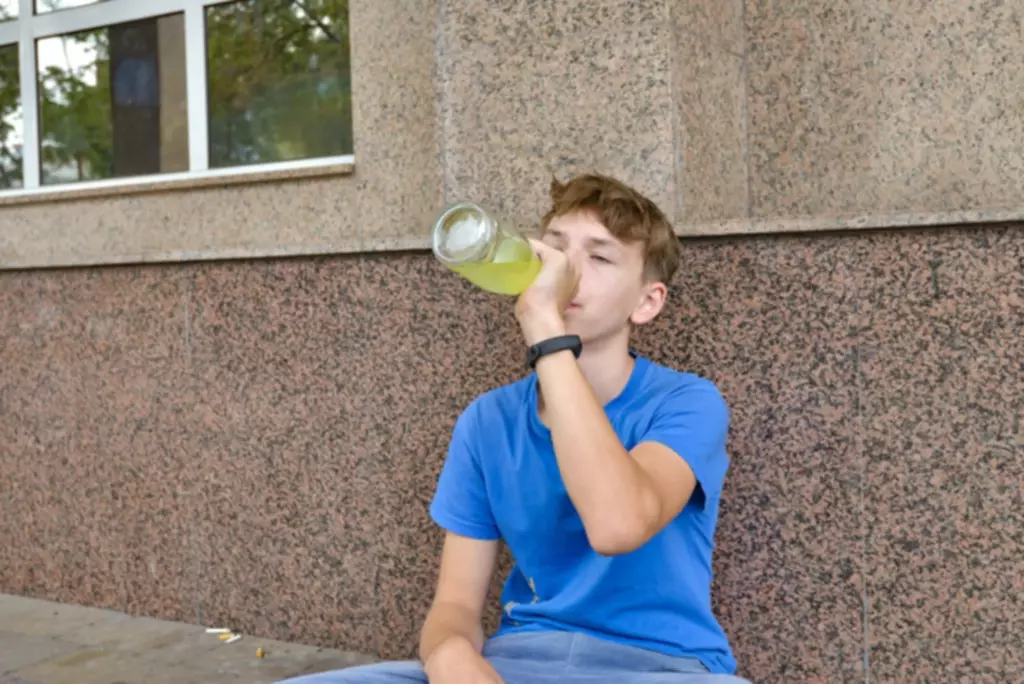
However, this does not mean that alcohol is a healthy way to help you fall asleep. Alcohol is not just a social lubricant or a way to unwind; it’s also a central nervous system (CNS) depressant. This means that when you drink alcohol, it slows down your brain’s activity, leading to feelings of relaxation and sleepiness. It’s why you might feel that irresistible urge to snuggle into your bed after a few sips. After just seven days without alcohol, your immune system starts bouncing back. While you might not notice it, your hormones are starting to improve as well, with libido and sexual function revving back up.
- In fact, alcohol can worsen ADHD symptoms and disrupt sleep, leading to daytime fatigue and impaired cognitive function.
- The duration of these sleep stages can vary by person and by age.
- That’s followed by a deeper cycle of snoozing known as rapid eye movement (REM) sleep.
- Relationships are complicated, and each one will develop and heal in different ways and timeframes.
Physical Activity and Sleep
As blood alcohol levels drop during the night, people often experience fragmented sleep. This leads to frequent awakenings and an overall decrease in sleep quality. Alcohol disrupts the natural cycle of how to stop alcohol making you sleepy sleep stages, which typically alternates between non-REM and REM sleep every 80 to 100 minutes, between four and six times a night.
The First 24 Hours

One of the most significant improvements during this period is the enhancement of deep sleep and REM sleep stages. Deep sleep, also known as slow-wave sleep, is crucial for physical restoration and memory consolidation. REM sleep, on the other hand, plays a vital role in emotional regulation and cognitive function. With alcohol no longer interfering with these sleep stages, many people report feeling more mentally sharp and emotionally balanced during the day. When you’re feeling exhausted, it can be hard to stay motivated and focused on your recovery goals.
Reset Your Mind: Benefits of Inpatient Mental Health Care

Alcohol’s diuretic effects can also contribute to dehydration, as your body expels fluids faster than you replace them. Inspired by Alice in Wonderland, our unique theme reflects the journey through the complexities of addiction. Our comprehensive addiction treatment in Houston includes all stages of care, from detox to residential and outpatient programs. As a prominent presence among Houston and Texas addiction treatment centers, we are committed to treating the whole person, not just the disease. Our team provides the tools and support necessary to overcome addiction and achieve lasting recovery. However, as alcohol abuse progresses, a person’s sleep pattern becomes shifted and disrupted, thus perpetuating the perception that you may need alcohol to help you sleep.

Plus, we’re always introducing new features to optimize your in-app experience. We recently launched our in-app chatbot, Melody, powered by the world’s most powerful AI technology. Melody is here to help as you adjust to a life with less (or no) alcohol. You’ll meet hundreds of fellow Reframers in our 24/7 Forum chat and daily Zoom check-in meetings.
- Our expert staff have helped over 40,000 individuals break free of their addictions, and they can help you too.
- Some people feel as if they got a good night’s sleep after a night of heavy drinking.
What is Sobriety Fatigue?
You may even want to ask a doctor to test for any deficiencies so that you can address them in your food consumption. On top of that, you’re likely feeling less anxiety and are better able to regulate your emotions when life’s hiccups arise. If it’s winter, you may notice fewer colds than in the past, but in warmer months, the changes may be more subtle, but that doesn’t mean they aren’t there.
Alcohol’s Influence on Hormones & Brain

Without proper treatment, returning to alcohol use may seem to be the only solution. Taking any other substances that have a sedative effect should be avoided unless a doctor prescribes them. Doing so without medical supervision can trigger a new addiction to another substance. Alcohol also impacts other chemicals like adenosine, which prevents the brain from becoming stimulated.
The Importance of Social Support
When you’re always tired, it’s difficult to find the energy for even simple tasks like getting out of bed or taking care of yourself. You might feel more stressed or anxious because you’re not able to do as much as you’d like. This constant tiredness can also affect your Substance abuse mood, making you feel more irritable, sad, or even hopeless at times. All of this can take a toll on your overall well-being, making it highly beneficial to find ways to cope with the fatigue. While acute alcohol withdrawal typically only lasts a week or two, PAWS can last for months.